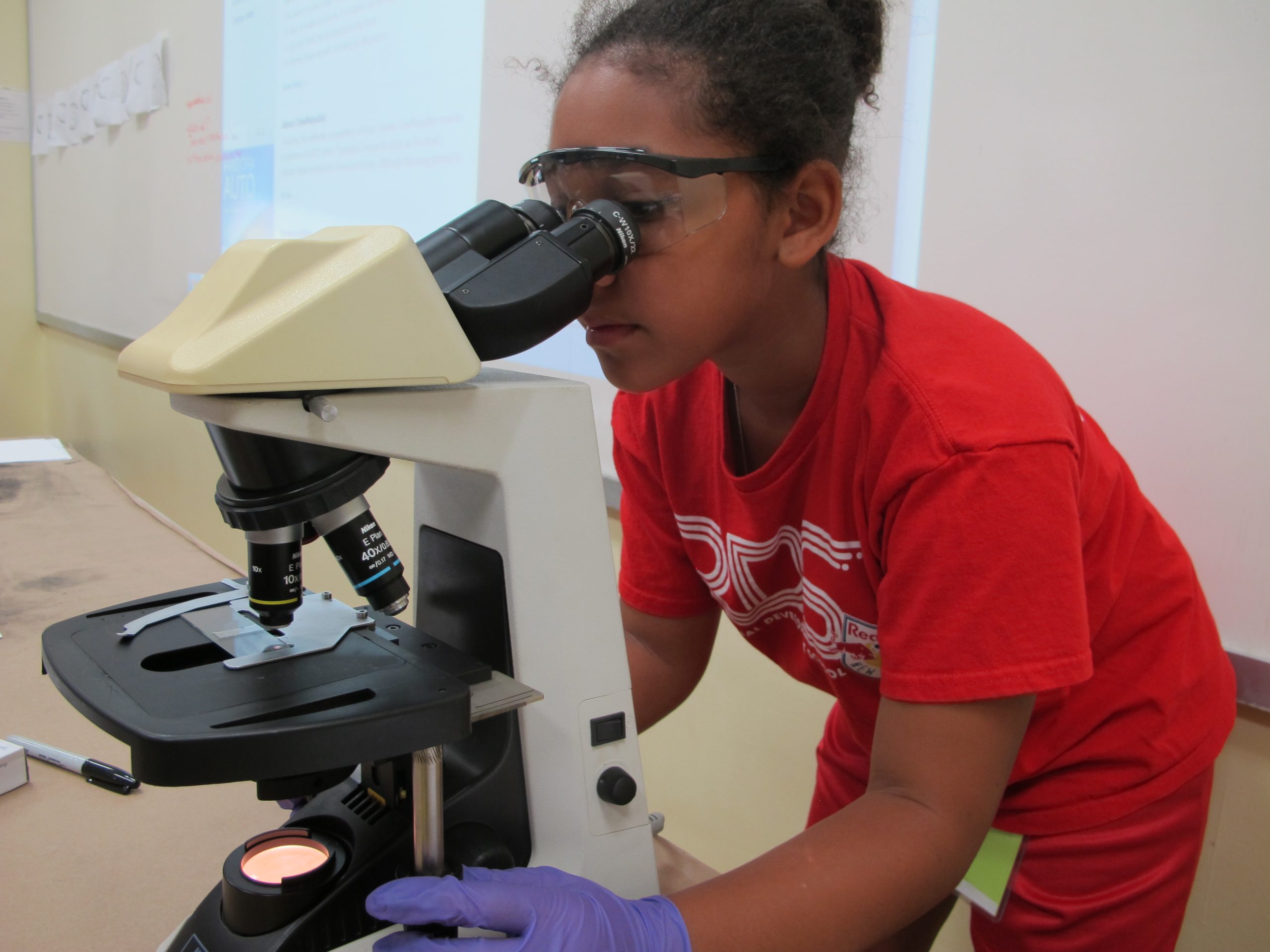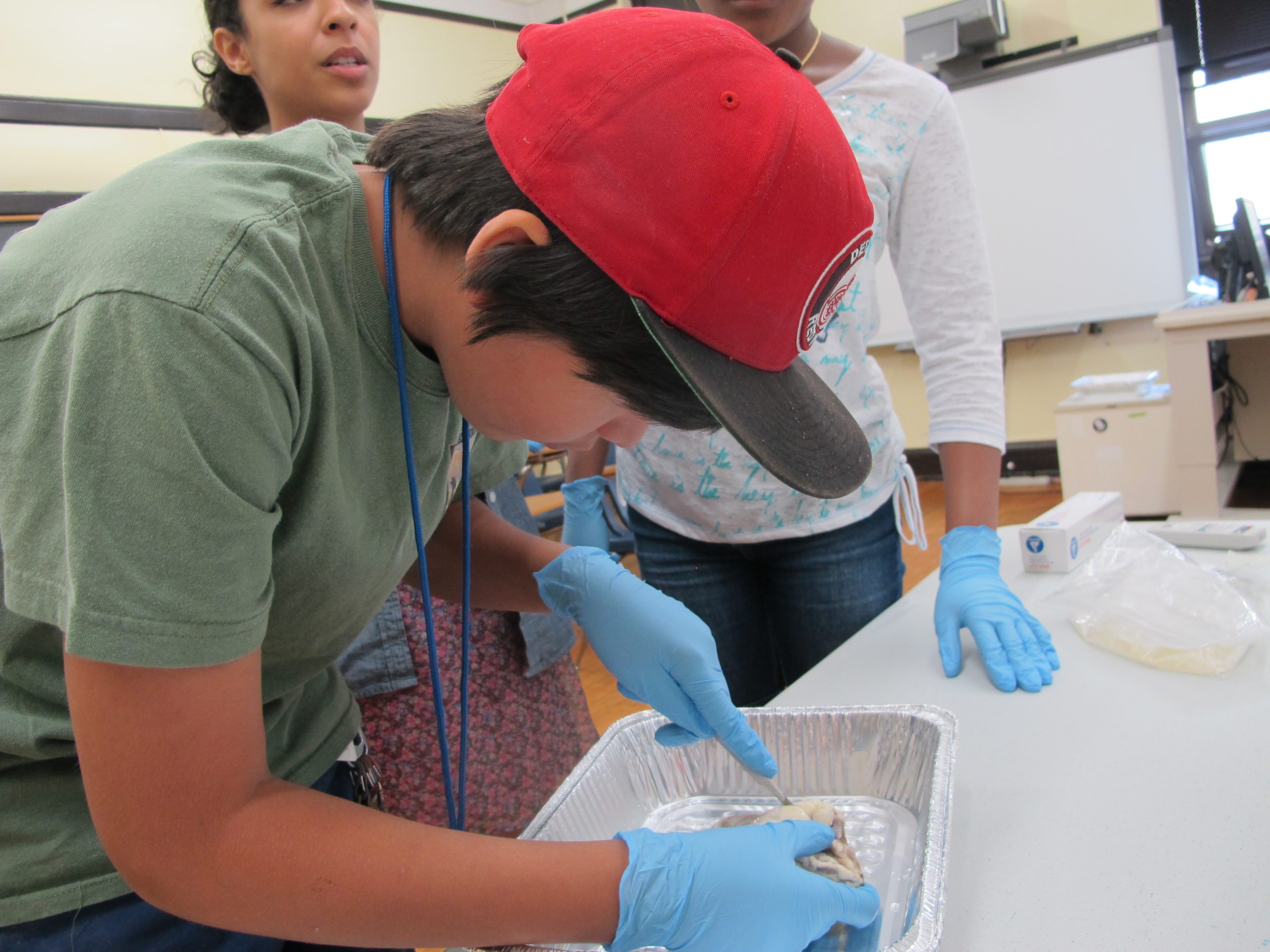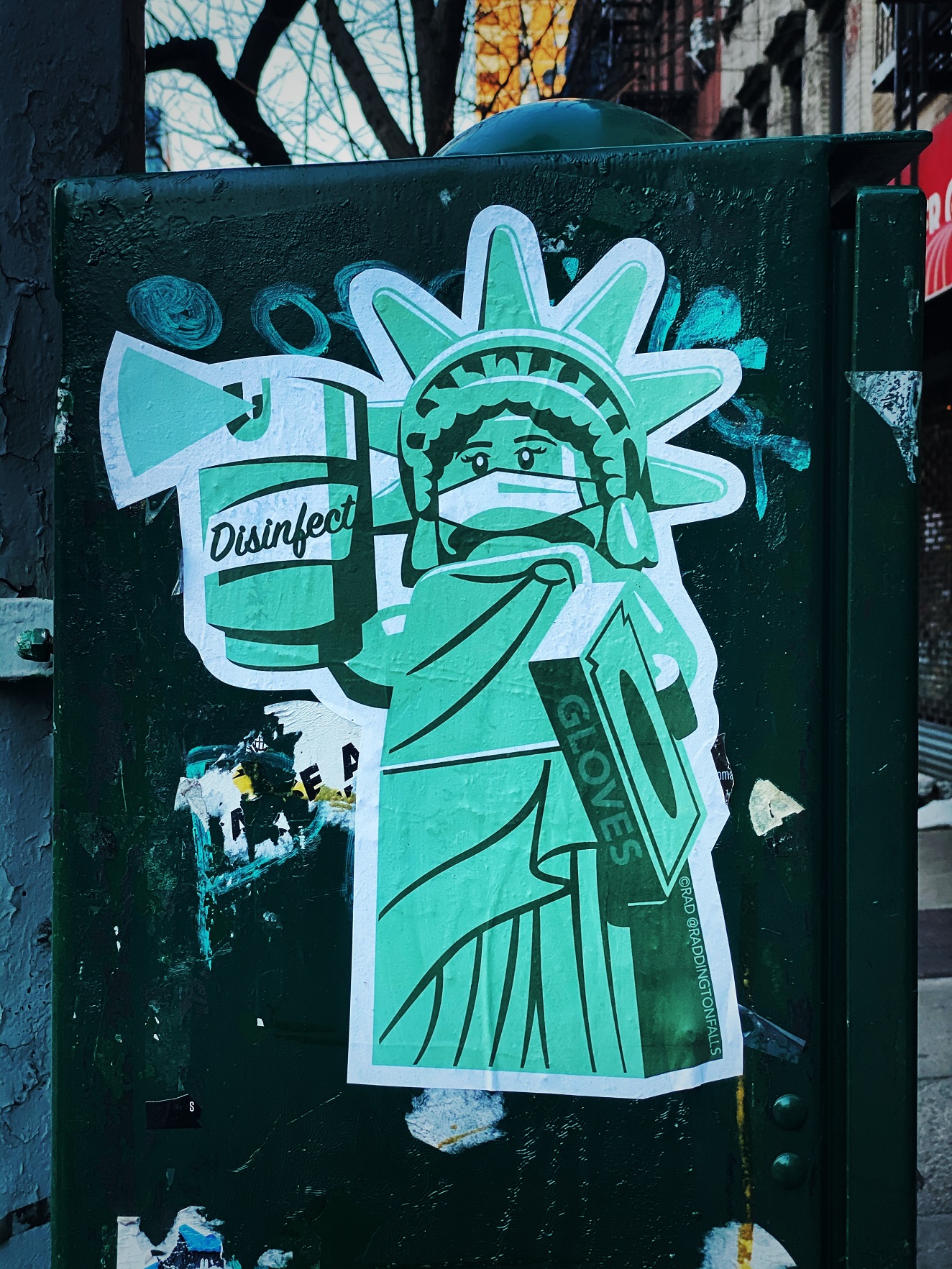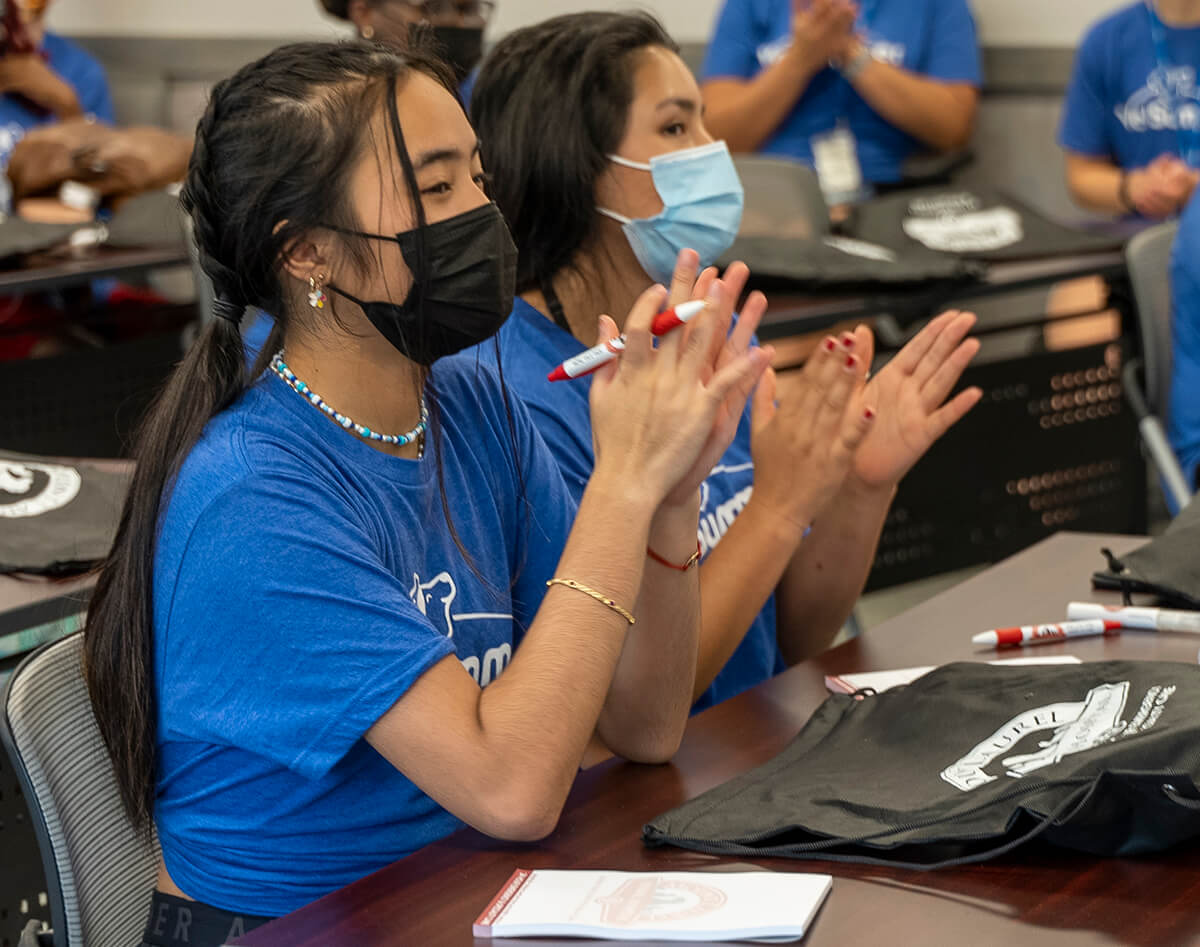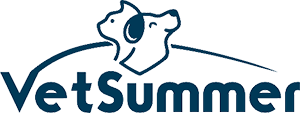Camp COVID-safe
Keeping camp COVID – free at VetSummer
VACCINATION REQUIRED FOR ALL STUDENTS AND STAFF:
Our program requires all students and staff be vaccinated to attend. This allows for a safe space, close interactions especially around the animals, and to allow for the safest environment we can create.
The safety of our students and staff are always the highest and first priority. Most of our venues require vaccination. Thanks in advance for your partnership in this matter.
We are parents too. So we run our programs from the context of how a parent would want it to be run: safety first. Last summer we ran our program with no outbreaks of COVID because we require vaccination and we adhere to all the local rules and regulations.
And we will only run the program if it is safe to do so, period. We will of course follow all requirements, guidelines, rules etc. as issued by the CDC, our host venues, local and state rules, etc. When we all stay diligent and look out for another, we can keep our animal camp COVID – safe. We strongly believe and advise all families to vaccinate as soon as they can!
2023 Vet Summer COVID-19 Mitigation Plan
FOR ALL STUDENTS AND STAFF:
Prior to Arrival at Summer Camp – Negative test result AND COVID vaccination:
Vet Summer strongly encourages all staff, campers and their families to follow CDC guidance in the 14 days before arriving at camp to reduce the risk of exposure to COVID-19. Practice physical distancing, mask-wearing when not at home, avoid unnecessary travel, and refrain from indoor social gatherings and close contact with people outside of your household.
Negative COVID test:
A negative test result, as described below, conducted within 72 hours prior to arrival at camp will be required.
Vaccinations
To attend camp, all students and staff are required by our venues, the state and/or our program to have the following vaccinations:
- Covid-19 (moderna and pfizer 2 shot vaccinations accepted and booster is not required)
- Meningitis (for residential students only)
- Hepatitis B
- Tetanus
Pre-Arrival Health Screening and Testing
For summer camp programs, the CDC recommends COVID-19 testing as a best practice. Vet Summer has chosen testing as our primary mitigation strategy. We require all staff, day campers and overnight campers to get tested for COVID-19 within 72 hours prior to arriving at camp. We accept only official tests administered at a COVID testing site, urgent care center, etc. The test can be either a rapid or PCR test. At-home tests are not accepted.
Please upload a copy of your negative test into your CampDoc account into COVID – 19 Test result box, in the imaged document section or bring a copy of the negative result to camp on the first day. Any student who does not have their negative result with them or posted into their CampDoc account will be turned away until such time as the negative result is produced.
Camper families are strongly encouraged to monitor camper health in the two weeks prior to arrival and note any symptoms of COVID-19. Campers showing symptoms of COVID-19 should remain home.
If a student tests positive before arrival, we will work with each family on an individual basis to come up with a plan. For some, this could be simply moving to a later session in the summer, rolling over to next summer, or a full refund.
Arrival and Check-In
Prior to their arrival, registered campers will receive “Welcome Pack” materials detailing the arrival and check-in process:
- Masking: Everyone will wear masks during check-in
- Only students pass the check-in area: Due to venue restrictions, all families will be required to drop their student at the check-in area and depart; families are not permitted to enter the halls or dorm rooms.
- Symptoms check by health director
During the Program
Field trips and off-campus activities
All students and staff will be required to wear masks indoors when off-campus.
Daily prevention measures
We will be following the CDC guidance to keep camp running safely and efficiently. Each morning, before class, all campers will be monitored by their assigned
staff members or the Health Director.
Our Program Health Director will monitor the camp community including campers and staff for the following COVID-19 symptoms:
- Fever or chills
- Cough or congestion
- Shortness of breath
- Difficulty breathing
- Fatigue
- Muscle or body aches
- Headache
- Loss of taste or smell
- Sore throat
- Runny nose
- Nausea or vomiting
- Diarrhea
In the Event of a Suspected Case of COVID-19 during camp
- Per recommended procedures, the program will retain a separate quarantine area for any campers and staff who experience COVID-19 symptoms.
- A camper experiencing COVID-19 symptoms will be quarantined and two on-site rapid tests will be administered to the camper experiencing COVID-19 symptoms and the camper’s parents/guardians will be contacted.
- In the event the rapid tests are positive, the program will take the student for a PCR at a COVID-19 testing center, Urgent Care or other similar facility.
- In the event the off-site test is positive, the program will quarantine the student, move their effects into a quarantine room, and arrange with the Parents/Guardians of the camper for a pickup as soon as possible so the camper can be brought home.
- In the event of a confirmed positive test result in the student or staff group, the Program Health Director will increase monitoring practices and will test anyone showing symptoms.
If a student tests positive during camp, the program will:
- Quarantine the student until such time as the parents can come pickup the student or arrange transportation
- Provide a pro-rated refund for the remaining days of the program, less the $500 non-refundable deposit (to help defray hard costs incurred by the program).
- In addition, parents will be responsible for any cost incurred by the program outside the normal operation of camp, including any extra supervision, testing, room-nights, food or travel costs (if any).
- Work closely with the parents to devise the best possible strategy given the unique circumstances of each student
Please call us with any questions!
